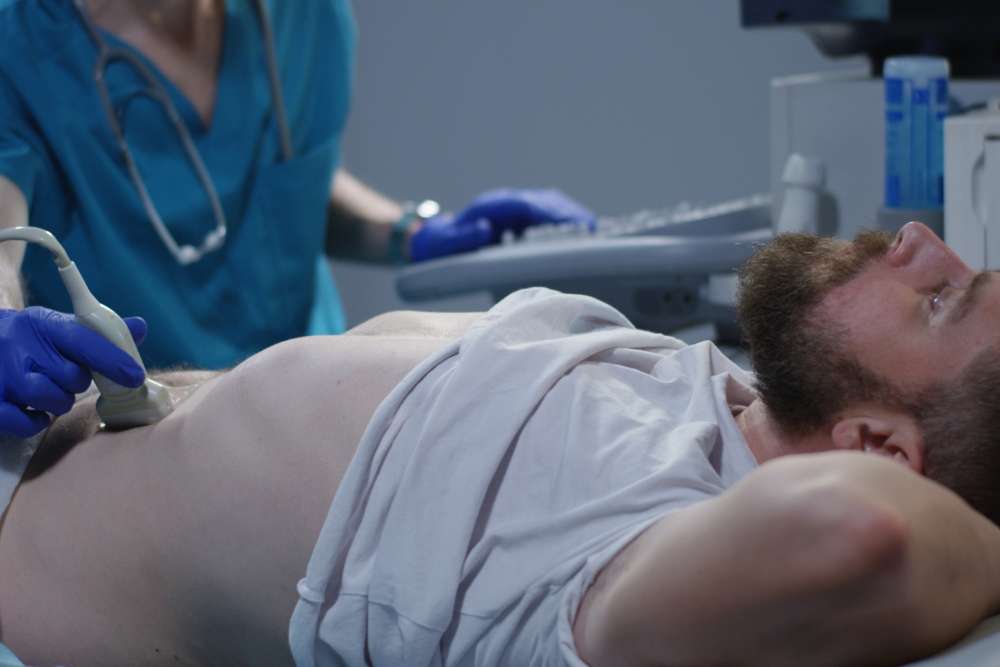Becoming a Medical Assistant in Saudi Arabia: Your Guide
Discover the path to a fulfilling healthcare career in Saudi Arabia as a medical assistant. This comprehensive guide explores the education, skills, and opportunities in this growing field. Learn about training programs, essential competencies, and potential career trajectories in the Kingdom's evolving healthcare landscape.

The healthcare sector in Saudi Arabia is experiencing significant growth, creating potential opportunities for those interested in becoming medical assistants. This article provides an overview of the medical assistant profession in Saudi Arabia, including educational pathways, skill requirements, and possible career directions. It’s important to note that this information is general in nature and does not represent specific job listings or guaranteed employment prospects.
Understanding the Role of a Medical Assistant in Saudi Arabia
Medical assistants in Saudi Arabia may perform a variety of tasks depending on their specific work environment and the needs of their healthcare facility. These responsibilities could include:
- Assisting with patient care and comfort
- Recording patient information and updating medical records
- Helping prepare examination rooms and medical instruments
- Supporting healthcare providers during procedures
- Performing basic laboratory tests under supervision
- Educating patients on health maintenance and disease prevention
The exact duties of a medical assistant can vary widely between different healthcare settings in Saudi Arabia.
Educational Pathways for Aspiring Medical Assistants
To pursue a career as a medical assistant in Saudi Arabia, individuals typically need to meet certain educational criteria:
- Complete secondary education or its equivalent
- Enroll in and finish an accredited medical assistant training program
- Develop proficiency in both Arabic and English, as many Saudi healthcare facilities operate bilingually
Medical assistant training programs in Saudi Arabia generally range from 6 months to 2 years, depending on the level of certification offered. These programs may be available through various educational institutions, including vocational schools, community colleges, and specialized healthcare training centers.
Finding Medical Assistant Training Programs
Several options may be available for those seeking medical assistant training in Saudi Arabia:
-
Saudi Commission for Health Specialties (SCFHS): Offers accreditation for healthcare training programs and may provide courses related to medical assisting.
-
Technical and Vocational Training Corporation (TVTC): A government organization that offers vocational training in various fields, potentially including healthcare and medical assisting.
-
Private healthcare training institutes: Various private institutions throughout Saudi Arabia may offer medical assistant training programs approved by the Ministry of Education.
-
Online programs: Some international institutions offer online medical assistant training courses that may be recognized in Saudi Arabia, provided they meet the country’s accreditation standards.
It’s crucial to verify that any chosen program is accredited and recognized by the relevant Saudi authorities, including the Ministry of Health and the Saudi Commission for Health Specialties.
Key Skills for Medical Assistants in Saudi Arabia
Successful medical assistants in Saudi Arabia typically possess a combination of technical knowledge and interpersonal skills, which may include:
-
Clinical competencies: Proficiency in tasks such as measuring vital signs and performing basic laboratory procedures.
-
Administrative abilities: Skills in managing patient records, scheduling, and basic office procedures.
-
Effective communication: Strong verbal and written communication skills in both Arabic and English.
-
Cultural awareness: Understanding of Saudi Arabian cultural norms and religious practices, particularly in healthcare contexts.
-
Attention to detail: Accuracy in recording patient information and following medical protocols.
-
Adaptability: Ability to work efficiently in dynamic healthcare environments.
-
Technological proficiency: Familiarity with electronic health record systems and medical software commonly used in Saudi Arabian healthcare facilities.
Potential Career Paths in Medical Assisting
The growing healthcare sector in Saudi Arabia may create various opportunities for trained medical assistants. Potential career paths could include:
-
Hospital-based roles: Working in different departments within larger healthcare facilities.
-
Clinic support: Assisting in smaller private clinics or specialized medical centers.
-
Research support: Aiding medical research projects in academic or pharmaceutical settings.
-
Community health initiatives: Participating in public health programs and community outreach efforts.
-
Healthcare administration: Potentially advancing to administrative roles within healthcare facilities after gaining experience.
It’s important to note that these are general career directions and not specific job openings. Actual job availability and career progression will depend on various factors, including individual qualifications, market conditions, and employer needs.
Continuing Professional Development
Medical assistants in Saudi Arabia may have options for ongoing professional development, which could include:
-
Additional certifications: Pursuing specialized training in areas such as phlebotomy or medical coding.
-
Advanced education: Considering bachelor’s or master’s degree programs in healthcare-related fields.
-
Specialization: Focusing on specific areas of healthcare to become a specialized medical assistant.
-
Leadership development: Seeking opportunities to take on supervisory roles within medical assisting teams.
-
Educational roles: Potentially becoming instructors for medical assistant training programs after gaining significant experience.
The field of medical assisting in Saudi Arabia offers a pathway into the healthcare sector. As the country continues to invest in its healthcare system, there may be opportunities for trained medical assistants. However, it’s essential to approach this career path with realistic expectations, understanding that job prospects can vary based on numerous factors.
This article provides general information and should not be considered as career advice or a guarantee of employment. Individuals interested in pursuing a career as a medical assistant in Saudi Arabia should conduct thorough research, consult with education and career advisors, and carefully consider their personal circumstances before making any decisions.






